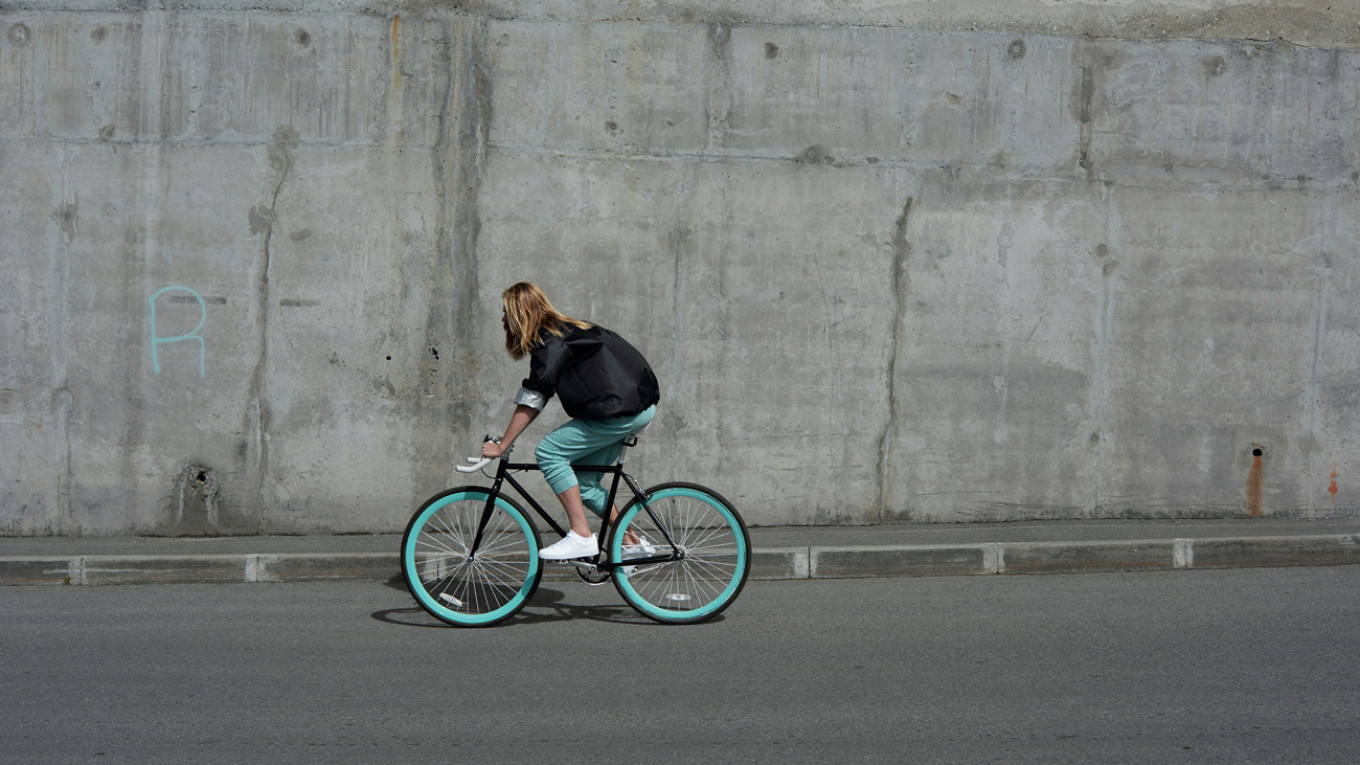Police in St. Petersburg detained at least 219 cyclists over the weekend following a large late-night ride on Vasilievsky Island, according to local news reports on Sunday.
Approximately 400 cyclists had assembled near Alexander Volodin Square on Saturday night, prompting residents to raise concerns about “fighting, loud behavior, trampling on lawns, and other misconduct,” as stated by the news outlet Fontanka.
Initially, police reported they had charged 109 cyclists with administrative violations for disturbing the peace. However, by Sunday afternoon, a lawyer for some of the participants informed the Telegram channel Rotonda that 219 cyclists were being held until Monday under allegations of unlawful assembly.
One cyclist recounted to the news platform Bumaga that law enforcement employed physical force during the arrests and used pepper spray on individuals detained in an overcrowded police vehicle. Another cyclist mentioned being released after paying a fine for disturbing the peace.
Videos that surfaced online depicted officers aggressively restraining individuals and forcing them into police vans.
On Monday, Fontanka indicated that law enforcement had filed criminal charges for disturbing the peace against a 33-year-old individual identified as the suspected organizer of the ride, who remains unnamed. This individual is reportedly a well-known BMX rider engaged in organizing competitions and is employed at a car dealership.
According to Bumaga, “dozens” of other cyclists were waiting for hearings later on Monday.

